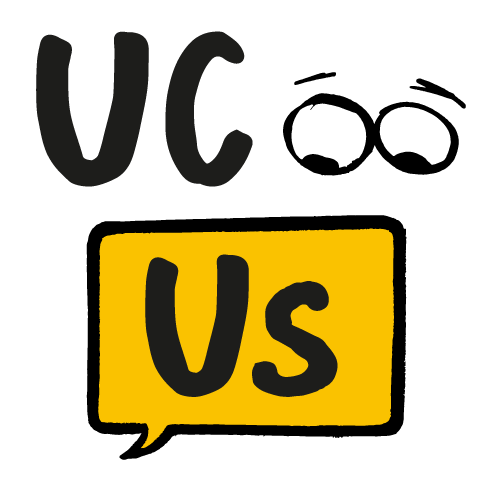Since 2013, Universal Credit is gradually replacing six benefits for working age people who have a low household income:
income-based Employment and Support Allowance
income-based Jobseeker's Allowance
Income Support
Child Tax Credit
Working Tax Credit
Housing Benefit.
Universal Credit replaces these benefits by combining them into one award. This is divided into two monthly payments for people in Northern Ireland or paid as a single monthly payment in England or Wales. Those who live in Scotland can choose between the two options.
What this means is that you claim for one single benefit, Universal Credit. This payment is made up of all the money you are entitled to.
There are some additional benefits that you may be entitled to, which need a separate application. For example, if you have a disability or mental health issue, you may be entitled to Personal Independence Payment, or another disability benefit. If you have a child, you should apply for child benefit.
While this is meant to be a simpler way of claiming, it can make it hard to figure out what you’re getting, and what you are not. Independent support and advice agencies can offer ‘benefit checks’ to make sure that you are receiving all the help you are entitled to. See our important contacts section to find an organisation that can help you.
It is important to note that you may still get additional help through other benefits, which are not included in Universal Credit. For instance, help with disability through Personal Independence Payments, or help with the costs of children through the Child Benefit system.
In this section we have broken down the 7 different elements of Universal Credit. This should help you understand more about the benefit and make sure that you’re receiving all the help to which you are entitled.
Introducing the 7 elements
1. Standard Allowance
This is included in all claims where you (and your partner) meet all the basic conditions. How much you get depends on your age and if you claimed as a single person or as a couple.
2. Limited Capability for Work Element / Work Related Activity Element
If you or your partner have an illness or disability which limits your ability to work, you can apply to have this additional element included in your award.
3. Child Element
An additional amount is included for each child and any qualifying young person you or your partner is responsible for. A child is anyone under 16. A qualifying young person is someone aged 16–19 and is still in education.
4. Carers Element
The carer element is included in your claim if you provide 35+ hours of care a week to a severely disabled person.
5. Childcare costs
You can get help with your childcare costs if you are in paid work (or you are about to start paid work) and you are paying for formal childcare (such as a registered childminder).
6. Severe Disability Premium Transitional Element
This element is only available to those who were entitled to an award of Income Support, income-based Jobseekers Allowance (JSA) or income-related Employment and Support Allowance (ESA) that included a Severe Disability Premium (SDP).
7. Housing element
This element of UC is to help you meet your housing costs when you are on a low income.








